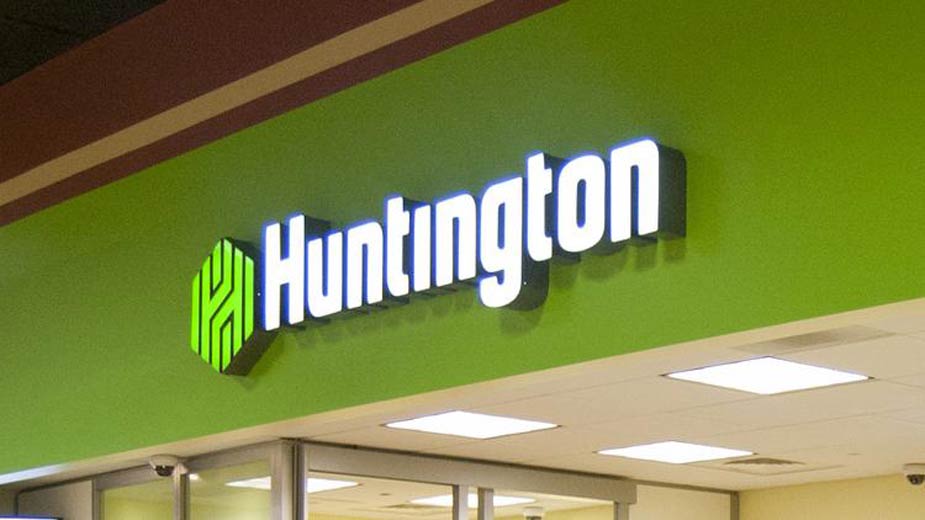Huntington Economist Assesses Fed Keeping Status Quo
COLUMBUS, Ohio – Would the Fed’s policymaking committee raise the benchmark interest rate Thursday or leave it unchanged?
That was the question keeping lenders, analysts and the business community in suspense until 2:30 p.m. yesterday when the chairwoman of the Federal Reserve System, Janet Yellen, announced the Federal Open Market Committee would leave the rate where it is, near zero since 2008 and the onset of the Great Recession.
In a conference call an hour later, George Mokrzan, director of economics at Huntington Bank, briefed business reporters in four states on the Fed maintaining the status quo.
The chief economist thought there was a “50-50 chance” the Federal Open Market Committee would, after nine years of historically low rates, raise them as it has hinted it would sometime this year. The FOMC has kept the benchmark rate low much longer than expected in light of the recovery, now in its sixth year.
Mokrzan listed the “divergent information” that suggested the Fed would at last raise the rate 0.25% and balanced those arguments with “recent international issues” that apparently persuaded the committee to wait.
Factors for raising the interest rate were “the sustained recovery … not a great recovery but a good recovery” as reflected by the increased number of jobs created and an unemployment rate that has fallen to 5%. The unemployment rate “is about as close to [an economic definition of] full employment as we’re likely to get,” Mokrzan observed.
The outlook for auto sales this year continues to hold a 17 million pace, inflation continues to hold at under 2%, “consumer spending [which accounts for 70% of the economy] is accelerating” and Americans are seeing some income gains.
The prices of commodities and energy have had a deflationary effect in holding inflation below 2% annually, Mokrzan noted. “Commodities have declined very sharply,” the economist said, one reason Canada faces entering a recession.
On the other hand, the U.S. stock markets have dropped 10% this summer, China has hit a rough spot, “Canada is headed for a recession,” emerging economies such as Brazil’s are “under stress,” and Saudi Arabia continues to produce oil oblivious to falling energy prices.
Chinese demand for energy has fallen sharply as its leaders contend with sustaining growth and trying to make the transition to a consumer economy.
“These new risks have made the Fed cautious,” Mokrzan said, “and so we’ll see more stimulus [low interest rates] for a little longer.”
The U.S. economy faces “new uncertainties” and “the biggest unknown is the international economy.”
A strong dollar, while keeping inflation well in check, is also making it tougher for domestic companies to export.
Home ownership remains attractive with rates continuing between 3% and 3.75% for a conventional 30-year mortgage. On the other hand, rents have been rising considerably and lead the increasing prices Americans pay for most services.
Pictured: Janet Yellen speaks to reporters Thursday.
Copyright 2024 The Business Journal, Youngstown, Ohio.


